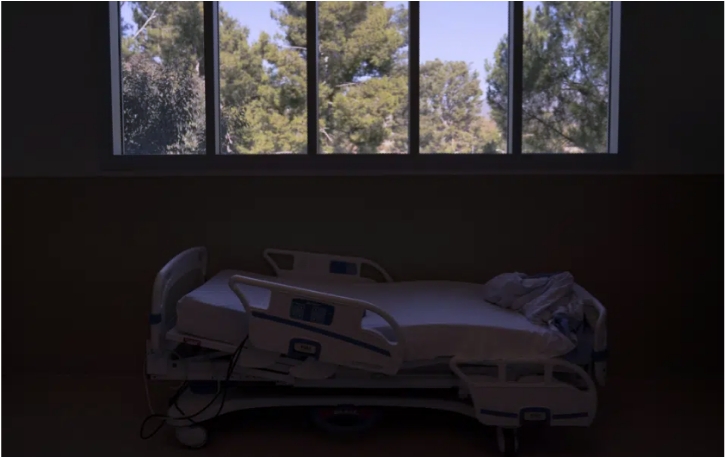
Over 84 million Americans currently rely on Medicaid, a government-sponsored health insurance program for low-income individuals and families. However, as states begin to check eligibility for Medicaid for the first time in three years, up to 14 million people could lose their coverage over the next year, according to recent reports.
Since January 2020, Medicaid has grown by 20 million people due to the COVID-19 pandemic and its economic fallout, which left many Americans jobless and without health insurance. To prevent further harm, the federal government prohibited states from terminating Medicaid benefits during the pandemic, regardless of eligibility changes. However, this temporary protection is expected to expire soon.
Starting this year, states will have to verify the eligibility of all Medicaid recipients, including their personal information such as address, income, and household size. The timeline and process may vary by state, but some states, such as Arizona, Arkansas, Florida, Idaho, Iowa, New Hampshire, Ohio, Oklahoma, and West Virginia, will begin removing ineligible beneficiaries as early as April. Other states will follow suit in May, June, or July.
States plan to review Medicaid eligibility over periods of nine months to a year, but recipients will have at least 30 days to fill out the renewal form. If they fail to do so, they may lose their coverage. Therefore, it’s crucial for Medicaid beneficiaries to update their contact information, including their home address, phone number, and email, with the state agency that administers their benefits.
According to Kate McEvoy, executive director of the nonprofit National Association of Medicaid Directors, a text message or phone reminder from the state could be more effective than a mailed notice in getting people’s attention and preventing unnecessary disenrollment. While most states have used texting for COVID-19 vaccine reminders and healthcare alerts, sending mass texts on Medicaid eligibility will be a new challenge.
It’s worth noting that not everyone who loses Medicaid coverage will be left without options. They can turn to the Affordable Care Act’s (ACA) marketplace for coverage, where they may find health insurance options that cost less than $10 a month, thanks to new subsidies included in the American Rescue Plan Act signed by President Biden in March 2021. However, ACA plans may have higher out-of-pocket expenses and co-pays than Medicaid, and beneficiaries will need to check if their preferred doctors and medications are covered by their new plans.
For people who lose Medicaid coverage, a special enrollment period will be available from March 31, 2023, to July 31, 2024, to enroll in ACA plans outside the regular open enrollment period. Moreover, children who currently receive Medicaid or the Children’s Health Insurance Program (CHIP) may still qualify for coverage even if their parents don’t. According to estimates from the Georgetown University Health Policy Institute’s Center for Children and Families, between 80% and 90% of children will still be eligible for Medicaid or CHIP, even if their parents lose their benefits.
The potential loss of Medicaid coverage could have significant health and financial consequences for millions of Americans, especially those with chronic conditions, disabilities, or low incomes. Therefore, it’s critical to stay informed about Medicaid changes in your state and take action promptly to avoid losing your benefits.